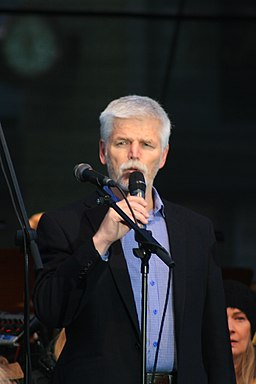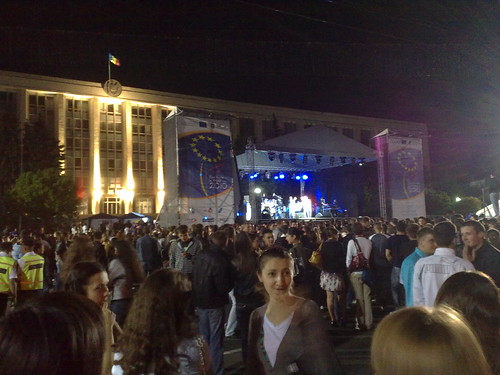Czech presidential election: the oligarch or the general?
By Sean L Hanley, on 20 January 2023
Czechs again seem set to reject populism for moderate steady-as-you-go leadership, leaving bigger reform debates for another day, argues Seán Hanley.
On 13-14 January Czech voters went to the polls in record numbers to choose a new head of state to replace two-term president Miloš Zeman. Although, as expected, none of the eight candidates gained enough support to win outright, two clear frontrunners emerged to contest a second, run-off round on 27-28 January: former prime minister and billionaire businessman Andrej Babiš, who leads the ANO movement – Czechia’s biggest political party – and independent retired general Petr Pavel, the ex-head of the Czech Army who had served a high-ranking NATO official in Brussels. Pavel narrowly topped the poll with 35.4 percent of the vote with Babiš narrowly trailing on 34.99 percent.At first glance, the result looks puzzling. Voters in one of post-communist Central Europe’s most socially liberal democracies have opted for an unlikely-looking choice between an oligarch and a general. Conventional party-political candidates and issues were largely absent from the campaign which centred on personalities, particularly, on the divisive figure of Babiš. Opponents see the billionaire ex-PM, who was acquitted by a court of EU subsidy fraud in the long-running Storks Nest case mid-way through the campaign, as a corrupt populist with strong authoritarian leanings.
But the contest also reveals underlying continuities in Czech politics. Originally elected to parliament on an anti-corruption platform and promises to ‘run the state like a firm’, Babiš has long since shifted towards a loose social populism promising big public spending, generous pensions, and hikes in public sector salaries, which has seen him swallow up the electorate of Czechia’s once strong parties of the traditional left.
This was amply demonstrated in the first-round. Babiš promised to ‘help people’ and fend off belt tightening or taxes rises the current centre-right government may resort to cope with Czechia’s strained post-Covid public finances. Analysis of first round-voting patterns confirm that Babiš’s vote was strongest in poorer regions and smaller localities with lower standards of living and educational attainment, and higher levels of unemployment and consumer debt. (more…)
 Close
Close








